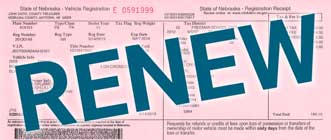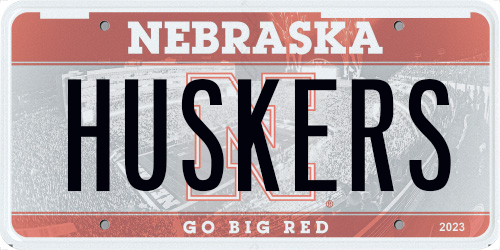A significant change to CDL occurred on February 2022. For a driver to obtain a new CDL or an upgrade to a CDL, they will have to have proof they have taken formal Entry Level Driver Training (ELDT).
ELDT is a new federal requirement that goes into effect on February 7, 2022. Any driver who will be taking a skills test for a new CDL, taking a skills test to upgrade their CDL (including adding the P and/or S endorsements) or taking the hazardous materials (hazmat) knowledge test for the first time will be required to first complete ELDT.
ELDT is not administered by the State of Nebraska DMV. It is a federal program. ELDT providers must be approved on the federal level, but also must meet individual state requirements. For example, any approved ELDT provider must also comply with Nebraska’s Rules and Regulations governing Driver Training Schools.
If a driver completes ELDT, the training provider will post that information to the national Training Provider Registry (TPR). The TPR is an electronic database maintained by the Federal Motor Carrier Safety Administration (FMCSA). The TPR will retain a record of which CDL applicants have completed the new training and certification process outline in the ELDT regulations.
FMCSA’s Entry Level Driver Training Program sets the baseline for training requirements for entry-level drivers. This includes those applying to:
- Obtain a Class A or Class B CDL for the first time.
- Upgrade an existing Class B CDL to a Class A CDL
- Obtain a school bus (S), passenger (P), or hazardous materials (H) endorsement for the first time.
The Entry-Level Driver Training regulations are not retroactive; the entry-level driver training requirements do not apply to individuals holding a valid CDL or an S, P, or H endorsement issued prior to February 7, 2022.
If a driver has previously held a CDL anywhere in the United States, they are not required to provide proof of ELDT if they are testing for a similar class or endorsement. They are ‘grandfathered’.
If a driver holds a valid Commercial Learners Permit (CLP) that was issued prior to the February 7, 2022 or a renewed CLP for the same class issued prior to the compliance date, they are grandfathered from the ELDT requirements.
If a driver holds a valid or expired CDL from another state and obtains a similar CDL in Nebraska, they are grandfathered from the ELDT requirements.
A driver who obtains ELDT for Class A is not required to have separate Class B training. Similarly, a driver who previously held a Class A CDL is grandfathered from both Class A and Class B ELDT requirements.
FMCSA regulations require states to verify that an entry-level driver has completed the required training before allowing the driver to proceed with testing. The point in which a state must verify completion of ELDT depends on the type of license or endorsement the applicant is seeking. The following table gives a summary of these requirements:
When a driver calls the Nebraska DMV CDL skills appointment line or a third party examiner to set up a skills appointment, the employee will check the driver’s record to see if they are ‘grandfathered’ from ELDT requirements. If they aren’t, the employee will query the TPR. If ELDT requirements are verified, the DMV employee will schedule the appointment. If the response is NO or the TPR system is down, the driver will not be able to schedule the appointment.
For Nebraska drivers who have never previously held a hazmat endorsement and are taking the hazmat knowledge test for the first time, you are required to submit a request to the Nebraska DMV to have the TPR checked for proof of ELDT. Once a DMV employee has checked the TPR, the driver will be contacted via the e-mail address they provided to let them know if they are approved to head to a driver licensing office to take the hazmat knowledge test. To submit a request to have the Nebraska DMV check the TPR for proof of Hazmat ELDT, send your name and driver license number in an email to:
Learn more at:
or scan the code below using the camera on your smartphone















 Powered by
Powered by